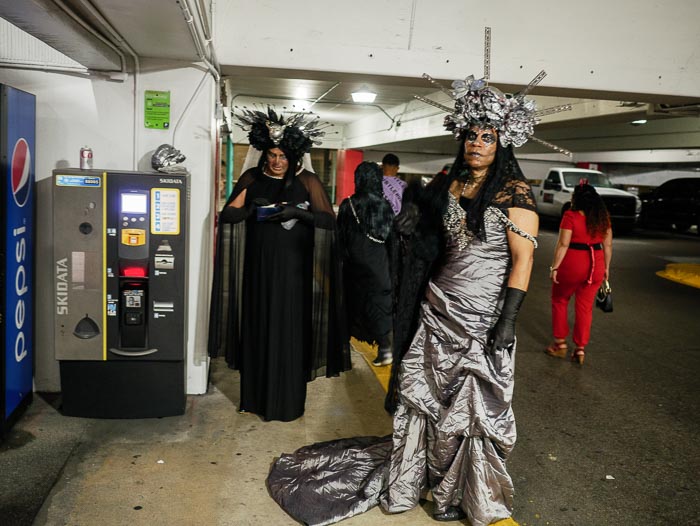We took Wee Jamie on another road trip, this last weekend. My daughter and I have decided that we should dedicate one day a week to “Not Doing Work Stuff” and have an outing of at least half a day, doing something … something diverting. This long weekend demanded a whole day of ‘Not Doing Work Stuff.’ My daughter suggested a road trip to Fredericksburg, and I thought that we should check out the Museum of the Pacific War, as it has been at least five years since I visited it. It was indisputably the last war which we won, after all. The first time I went to the War Museum was maybe in 1995 when it was all still contained in the old Nimitz Hotel on Main Street, and an annex down the road IIRC, a side-less pole barn. (And Fredericksburg was still a sleepy little town with an attractive Main Street, with local-oriented business situated in profitable commercial real estate, where they tended to close shop and roll up the sidewalks at about 5 PM. Well, that has come to a screeching halt, I assure you.)
We took the back way, to Fredericksburg, after stopping at a local restaurant for a breakfast which turned out to be more substantial than expected a local outlet for the Maple Biscuit Company. The fresh-squeeze orange juice was fantastic, and yes, I would know about all that, having grown up with orange trees in the back yard. The biscuits and sausage gravy were so generous and so good that we were resolved to split an order next time. (This was the last place I saw anyone wearing a mask, BTW. The staff were all masked-up.) The back way to Fredericksburg meant driving up 281 to Johnson City, passing memories all the way; Blanco, where we had done market events at the Old Courthouse, and where once we scored some amazing deals at an estate sale at an old house just off the highway. Johnson City, where we had a wonderfully fun three-day long market one year, for the lighting of the Courthouse, the weekend after Thanksgiving. (We had to stay two nights for that in a cabin at the Miller Creek RV resort, which meant that we barely broke even.)
Johnson City, when I first went through in the late 1990s, was sad and depressing in comparison to Fredericksburg. It seemed to be hanging on based on the relation to LBJ, the Johnson ranch and various residences where LBJ’s family had lived. Now it is the beginning of the Texas Wine Road and has a new lease on tourist life. Some years ago, I had suggested that the Hill Country had all the components save castles, villas, and quaint hilltop towns to become the New Provence, since they produce such Frenchified specialty items as lavender, wine, olive oil, goat milk cheeses … and wine. Oh my gosh, have they gone into producing wine. Someone has even built a castle! The usual maps of the Texas Wine Road usually include only the top twelve or fifteen of the biggest and most well-established of the wineries along 290 or at least, those with the flashiest central building. As we discovered, just about every commercial or retail business along that road was posted as a winery, and even a couple of places, like Wildseed Farms, which initially specialized in some other commodity like peaches or wildflower seeds had added on a wine tasting room. If you started at the two wineries just outside Johnson City to the south and stopped at every single winery or tasting room and had a single glass … your liver would be screaming for mercy when you got to Stonewall, and you’d be on the list for a liver transplant once you got beyond Fredericksburg itself.
Read more

